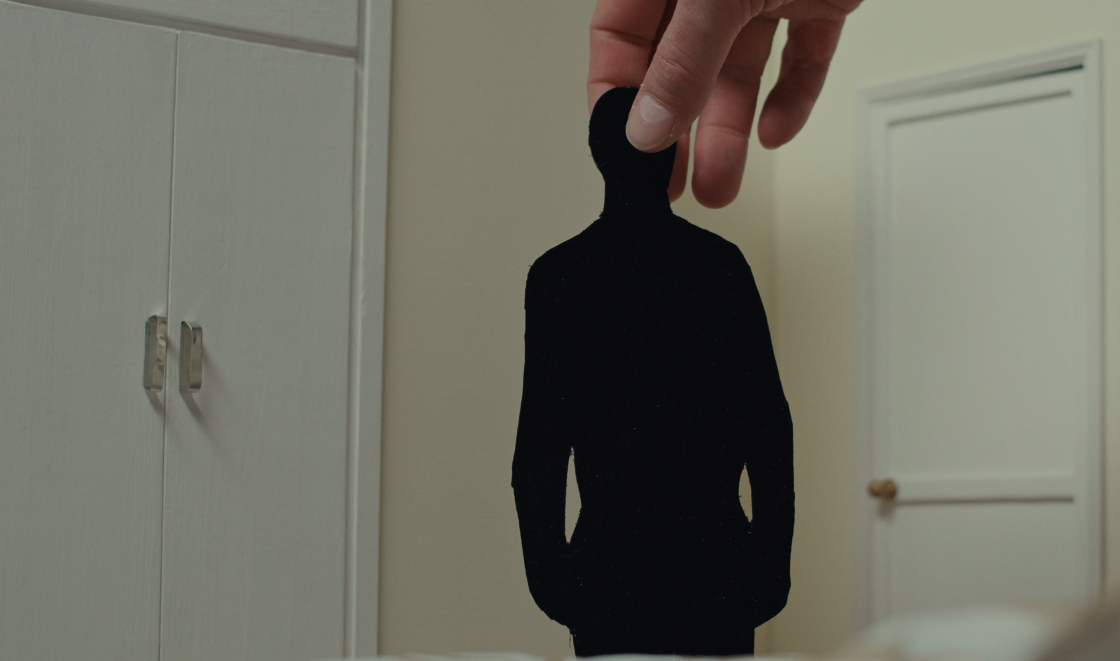In this blog, Nick Sarson, communications co-lead, speaks to Afra Kelsall and Lucy Gallagher, who are part of the NIHR’s Mental Health Implementation Network, about how the films are relevant for people working in health, social care and education settings, as well as family and friends.
Some years ago, a close relative experienced a period of severe mental illness and psychosis and I visited them on an inpatients ward where they were being cared for. As they tried to explain the realities of their world, its coded messages, imminent threats and watchful eyes, it seemed that they were isolated in a strange and frightening parallel existence.
For anyone who has experienced psychosis or been close to someone who has, this sense of parallel existences and their isolating effects is likely to be familiar. A series of five new short films commissioned by UK arts organisation Artangel seeks to challenge cultural stigma and increase empathy around psychosis.
About The Directors
The Directors is a collaboration between Artangel, artist Marcus Coates and five people in recovery from different lived experiences of psychosis, four men and one woman. Following extensive meetings with Coates, each individual chose a location of personal significance in which Coates was filmed embodying and performing aspects of their own experiences.
Positioned behind the camera, each individual is empowered in the creative process, directing Coates in a restaging of episodes from their lives. During the filming, Coates received instructions from each director through an earpiece and was able to speak to them, leading to a dialogue which forms a key element in each film.
The five short films were first exhibited in Pimlico in 2022 and then screened at Kings’ College London at the Institute of Psychiatry, Psychology & Neuroscience and Science Gallery, London. Together with Afra Kelsall and Lucy Gallagher, who are helping to implement evidence-based mental health interventions in England through the NIHR’s Mental Health Implementation Network (MHIN), we watched one of the films, directed by Lucy Dempster.
The Directors: Lucy
Lucy Dempster was 14 years old when she started to experience symptoms of psychosis. The 21 minute-film is set in a small bedroom in a flat, the action contained within this space. It opens with Marcus trying to tune into a hubbub of background voices received through an earpiece. As he does so, more controlling and malevolent voices come into the foreground. At times the bedroom is clearly a real place in a block of flats somewhere in London, at others a film set with flimsy walls and then a scaled-down model. For the viewer, this shifting of perspective adds to the uncertainty of the experience.
The director, Lucy, describes to Marcus some of the figures in her mind that she lives with. They include ‘110’, a male silhouette, who watches and stares constantly, “terrifying because it never leaves, but terror turns into a weird kind of comfort,” says Lucy; and ‘17’ – a clown girl, with sharp fangs, dark eyes, bleeding feet and carrying a balloon, who Lucy instructs Marcus to draw. Within these frightening and claustrophobic conditions, it’s easy to see how Lucy came to question her reality. Lucy even doubts the existence of the clouds, sky and trees outside the window, all part of “the simulation,” she says.
